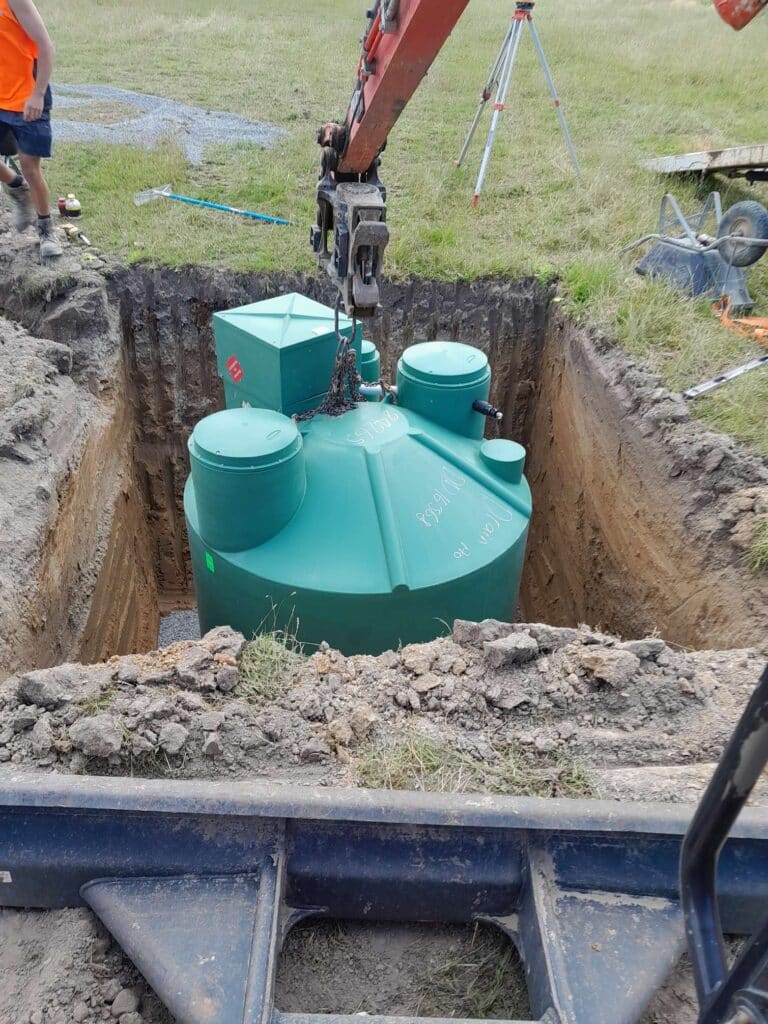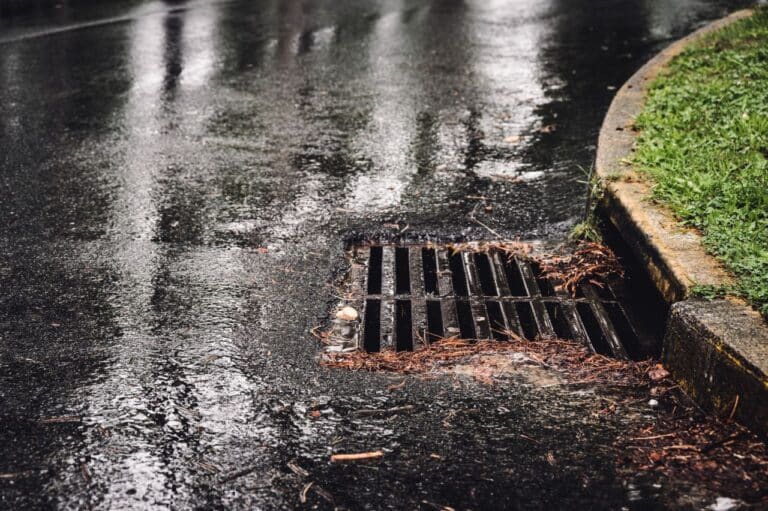For many Christchurch residents, septic tank ownership is essential, especially in areas beyond the main sewage system. Septic tanks in Christchurch provide an efficient way to manage household wastewater, but they come with specific legal responsibilities that new owners must understand.
Compliance isn’t just about ticking boxes; it ensures the system operates effectively, protects the environment, and reduces the risk of costly fines.
Christchurch and the broader Canterbury region have established regulations for septic tank installation and maintenance, overseen by Environment Canterbury (ECan) and the Christchurch City Council.
Staying compliant with these rules helps preserve local waterways and landscapes, safeguarding Christchurch’s unique natural environment. Compliance also protects homeowners from fines or issues when selling their property.
Understanding Christchurch’s Septic Tank Regulations
Canterbury Regional Council Regulations
ECan, the regional governing body, enforces guidelines on septic tanks in Christchurch, covering installation, maintenance, and environmental standards. Key areas of regulation include tank size, system type, and distance from water sources, which vary based on soil type and property size. Before installing or modifying a system, it’s essential to consult ECan to understand the specific rules that apply to your area and septic system needs.
Building Consents and Permits
In many cases, a building consent from the Christchurch City Council is required before installing or modifying septic tanks in Christchurch. This permit process ensures that systems meet safety standards, preventing issues like contamination. Proper permitting also aids in system approval, which is vital if the property is sold. ECan and Christchurch City Council websites provide specific instructions for consent applications.
Installation Requirements and Best Practices
Site Selection Criteria
Choosing the right site for septic tanks in Christchurch is crucial. Factors like soil type, proximity to water sources, and property layout all play a role in selecting a safe and compliant location. Sites need sufficient drainage to prevent overflow, and Christchurch-specific soil requirements often dictate depth and positioning. Poorly placed systems risk contaminating nearby water, posing environmental and health risks.
Licensed Installers and Certified Systems
Christchurch regulations mandate using licensed professionals for septic tank installation to guarantee quality and compliance. Working with certified installers ensures that systems are correctly installed, reducing the likelihood of early maintenance issues or environmental breaches. Using an approved septic tank system and skilled professionals can prevent costly issues down the road.
Inspection and Approval Process
Once installed, a septic tank in Christchurch must pass an inspection from local authorities. This approval process includes verifying that the system meets all environmental and safety standards, such as correct sizing and placement. Inspections also confirm that the tank won’t risk local water contamination, safeguarding the environment and property.

Ongoing Maintenance and Compliance
Regular Inspections and Servicing
For septic tanks in Christchurch, regular maintenance is both a legal and practical requirement. ECan often advises annual inspections, with full servicing every 3-5 years depending on tank size and household use. These regular checks prevent blockages, overflows, and environmental hazards, and can extend the lifespan of the system.
Record-Keeping Requirements
Maintaining records of all septic tank services, inspections, and repairs is legally required for Christchurch homeowners. Detailed documentation is essential for compliance and is invaluable when selling or modifying a property. Keeping records can demonstrate a history of proactive maintenance and adherence to Christchurch regulations, which can also benefit property valuation.
Waste Disposal and Septic Sludge Management
Proper disposal of septic sludge is critical. Canterbury region regulations require using licensed disposal services, which safely handle and process waste. Mismanagement of septic waste can lead to groundwater contamination, endangering Christchurch’s water quality. Proper sludge disposal supports the health of the local ecosystem and prevents potential fines.
Environmental and Health Regulations
Protecting Christchurch’s Waterways and Ecosystems
Septic tanks in Christchurch play a crucial role in protecting the region’s waterways and ecosystems. Adhering to environmental standards, such as regular maintenance and proper waste disposal, helps prevent contamination of local rivers and groundwater. Leaks and spills can harm Christchurch’s unique environment, leading to penalties and posing serious risks to public health.
Health and Safety Standards for Property Owners
It’s the homeowner’s responsibility to ensure their septic system doesn’t risk the health of those on or near the property. Septic tanks in Christchurch require diligent maintenance to prevent system failures that can result in slow drains, foul odours, and pooling water—signs of potential contamination that need immediate attention. Ignoring these issues can lead to costly repairs and serious health hazards.
Upgrades, Repairs, and Selling Your Property
Regulations on Septic Tank Upgrades and Modifications
Any major modification to septic tanks in Christchurch, like installing new technology or expanding capacity, must be reported to ECan. This includes obtaining proper approvals and re-inspection to ensure all new components comply with safety and environmental standards. Keeping the system updated is key to preventing potential compliance issues.
Responsibilities When Selling a Property with a Septic Tank
When selling a property with a septic system, Christchurch homeowners are legally obligated to disclose the system’s condition and maintenance history. Well-documented service records reassure buyers and can positively impact the property’s value. By being transparent about the septic tank’s status, sellers protect themselves and potential buyers from unexpected issues.
Resources for Septic Tank Owners in Christchurch
Local Agencies and Resources
Environment Canterbury (ECan) and the Christchurch City Council are essential resources for septic tank owners. These agencies provide information on local regulations, permit requirements, and inspection scheduling. ECan’s website offers downloadable guidelines, and the Christchurch City Council’s helpline can assist with specific inquiries.
Licensed Professionals in Christchurch
Finding licensed and certified septic tank professionals in Christchurch is essential for legal compliance and system longevity. Verified contractors stay updated on local regulations, ensuring that installation, maintenance, or repairs meet Christchurch standards. A quick online search or a check with ECan can help identify reputable providers.
Summary of Key Responsibilities
Owning a septic tank in Christchurch involves understanding and adhering to legal responsibilities, from the installation phase to ongoing maintenance. Following the proper guidelines not only ensures environmental compliance but also helps protect property value and contributes to Christchurch’s ecological health.
By staying informed, keeping records, and performing regular maintenance, Christchurch residents can keep their septic tanks in optimal condition, preserving both their investment and the environment. Compliance ensures that septic tank owners contribute positively to Christchurch’s unique landscape and community health.




